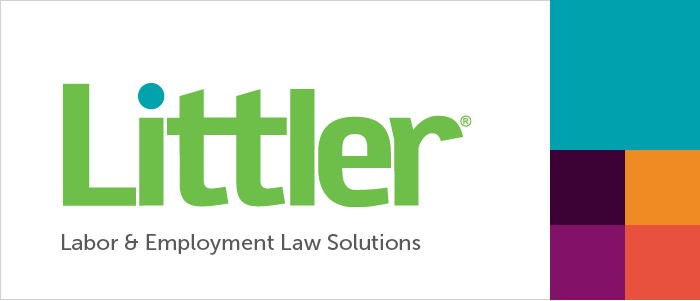
On June 4, 2018, the Supreme Court issued its decision in Masterpiece Cakeshop, Ltd. and Jack C. Phillips v. Colorado Civil Rights Commission. In a 7-2 opinion authored by Justice Anthony Kennedy, the Court held that the Colorado Civil Rights Commission’s actions violated a shop owner's right to the free exercise of his religious beliefs.
Background
This case began when David Mullins and Charlie Craig, a same-sex couple, attempted to order a custom wedding cake from Masterpiece Cakeshop for their upcoming wedding celebration. The shop owner and cake designer, Jack Phillips, refused to design a cake for the couple because of his religious belief that marriage can only be between a man and a woman.
Public accommodations laws in the United States forbid businesses from refusing to serve a customer on the basis of a protected category, such as race, sex, disability, etc. Colorado, like 20 states and the District of Columbia, includes sexual orientation in its public accommodations statute.
The couple complained to the Colorado Civil Rights Commission (“Commission”), arguing that the shop was not legally allowed to refuse them services that it would provide to opposite-sex couples. The owner responded that forcing him to design a cake for the couple’s wedding violated his constitutionally protected rights to free speech and free exercise of religion. He argued that he was willing to serve same-sex couples as customers for other products, but he was unwilling to design cakes for same-sex weddings.
The Commission ruled in favor of the couple and held that Masterpiece Cakeshop and the owner had violated the state’s public accommodations law by refusing service based on the couple’s sexual orientation. Its decision was upheld by the Colorado Supreme Court.
The Supreme Court Reverses on Narrow Grounds
The U.S. Supreme Court reversed. Rather than address the underlying arguments regarding free speech and freedom of religion, the Supreme Court based its decision on its finding that the Commission did not consider the owner’s religious objections to providing a cake to the couple with constitutionally required neutrality, which was “inconsistent with what the Free Exercise Clause requires.”
According to Justice Kennedy, the record showed that the Commission did not provide “neutral and respectful” consideration of the owner’s religious objections to designing the cake, but rather displayed “impermissible hostility” towards such beliefs. The Court cited two aspects of the record to support this conclusion. First, the Court highlighted comments by members of the Commission during an open hearing that it described as disparaging the owner’s beliefs. Second, the Court pointed to other situations in which the Commission had upheld other bakers’ conscience-based objections to providing service to customers who sought to create cakes expressing religious disapproval of same-sex marriage. This, the Court held, impermissibly “elevates one view of what is offensive over another and itself sends signal of official disapproval of Phillips’ religious beliefs.”
The Court acknowledged that its narrow decision would provide little guidance on similar disputes:
The outcome of cases like this in other circumstances must await further elaboration in the courts, all in the context of recognizing that these disputes must be resolved with tolerance, without undue disrespect to sincere religious beliefs, and without subjecting gay persons to indignities when they seek goods and services in an open market.
What Does This Ruling Mean for Companies?
The Supreme Court’s ruling is as important for what it did not do as for what it did. It did not create a religious exception to Colorado’s public accommodations law. Businesses must continue to be aware of and follow public accommodations laws. This case did not change the fact that services may not be denied to a customer based on a trait protected under state law, including sexual orientation.
Similarly, the Supreme Court’s ruling did not alter employers’ existing obligations not to discriminate against employees based on their religious beliefs and to provide reasonable accommodations to employees based on their sincerely held religious beliefs. Although this case did not involve employment law, it may serve as a helpful reminder to employers to engage in respectful dialogue with employees seeking an accommodation based on their sincerely held religious beliefs.